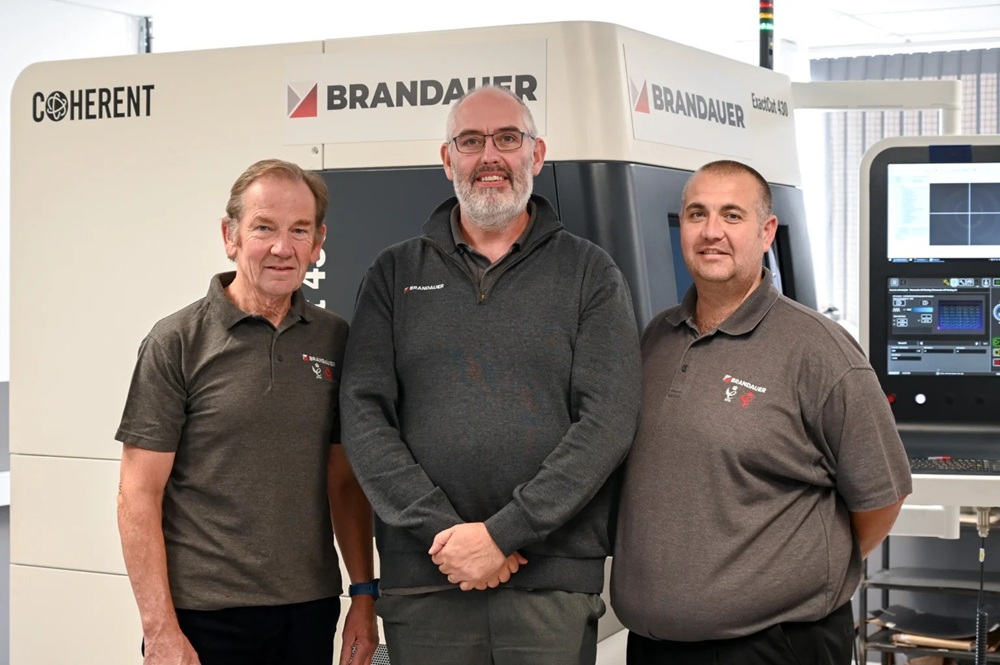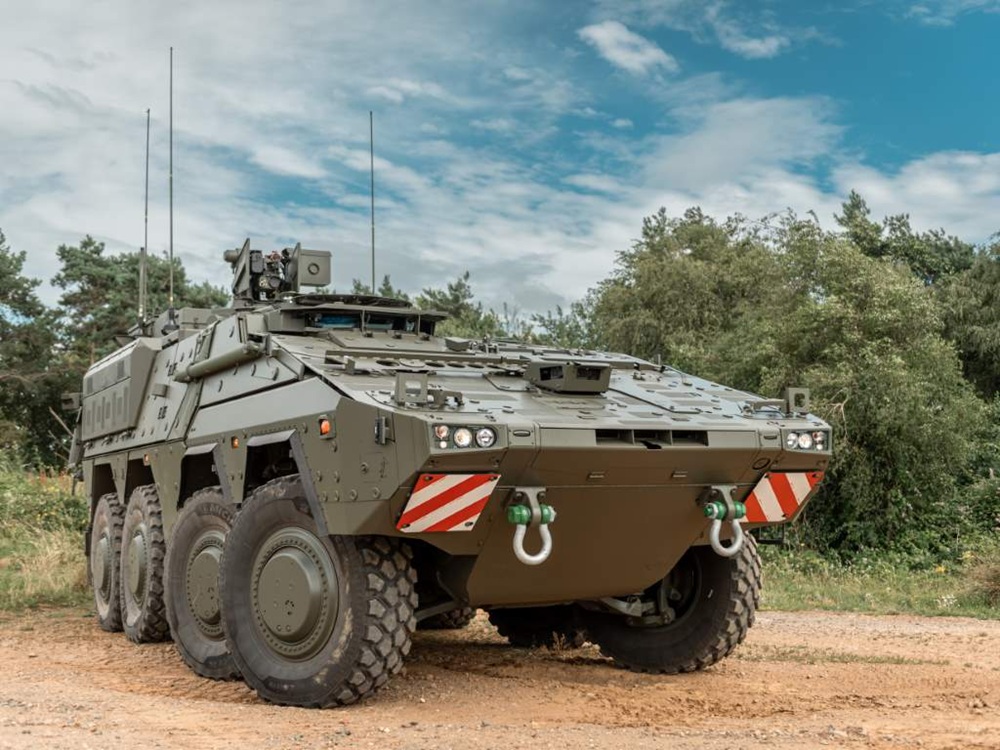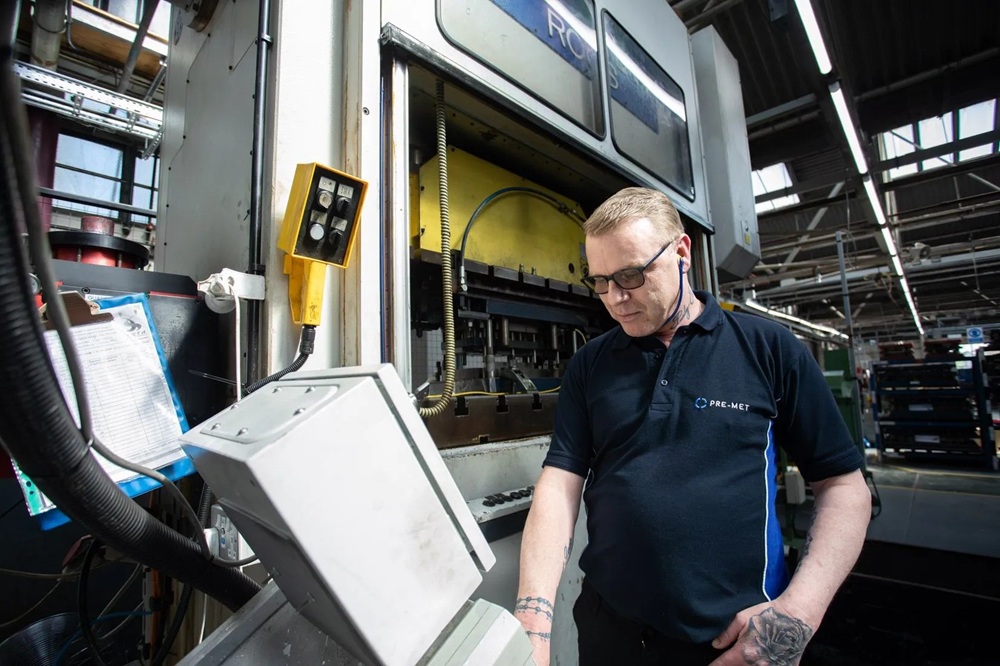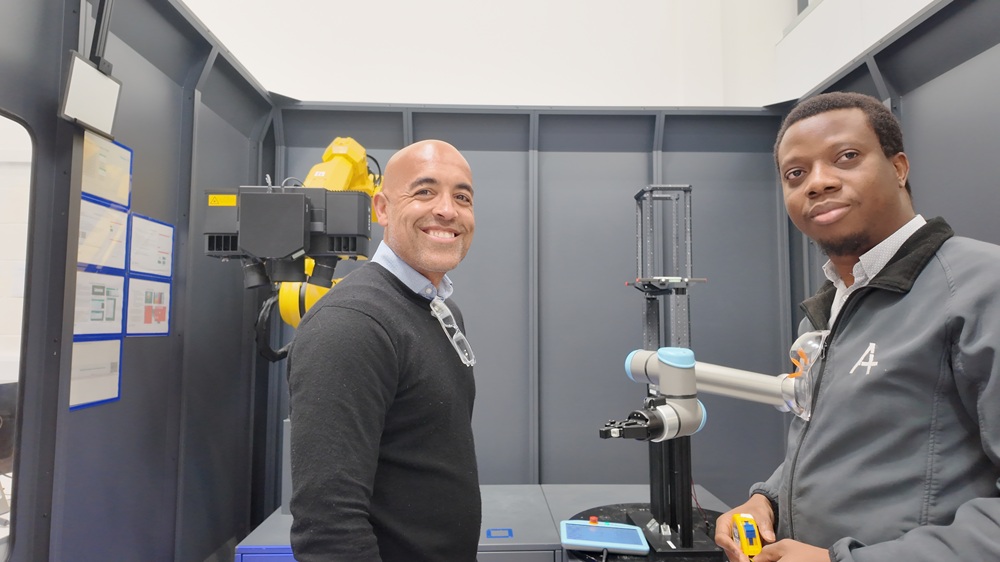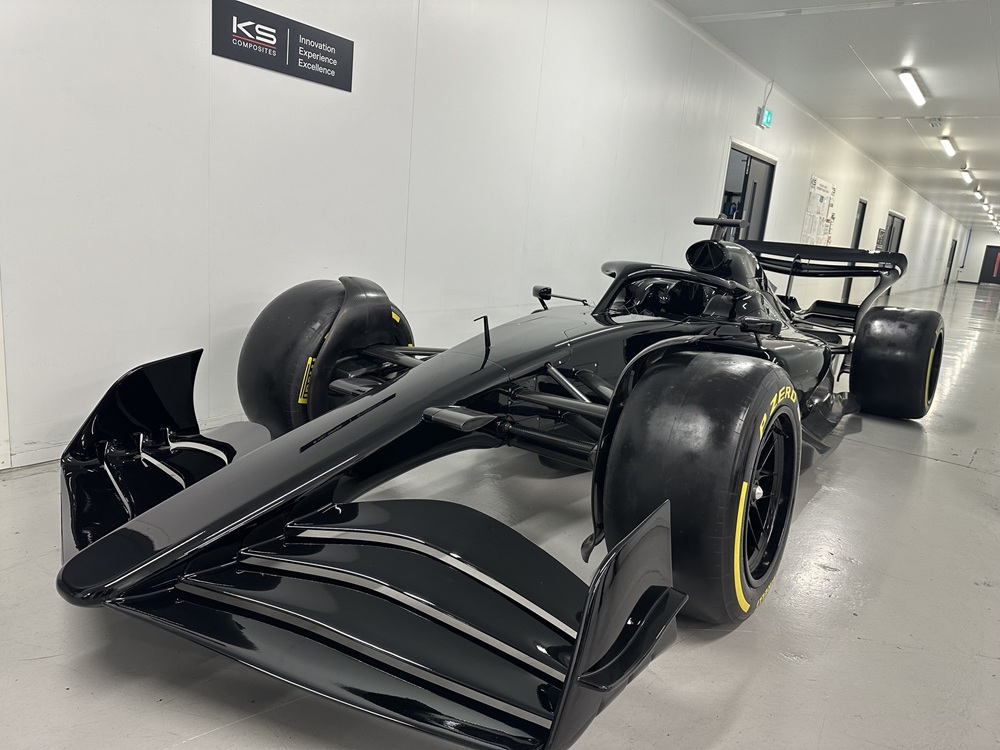In a significant milestone for UK-based metrology specialist AddQual, the Derby-based firm has successfully completed its most recent Nadcap audit for 3D Structured Light (3DSL) measurement with zero major and zero minor findings. This rare accomplishment positions AddQual among an elite group of organisations globally that operate at the highest levels of compliance, precision and technical control in the field of advanced metrology.
The Nadcap audit, administered by the Performance Review Institute, is considered the gold standard for process control and quality assurance across aerospace, defence and high-specification engineering. It is designed to evaluate whether technical processes – such as AddQual’s 3DSL inspection capabilities -meet the highest levels of repeatability, traceability and measurement integrity.
“Achieving a zero-finding audit in such a specialist area is rare,” says managing director Ben Anderson. “ We know we’re one of two UK Nadcap 3DSL-accredited businesses. We also know there are 17 worldwide in total. Passing with no findings is a strong endorsement, not only of our internal systems, but also of the trust we offer our customers in highly demanding industries.”
For AddQual, the achievement is more than a quality badge – it underpins the company’s mission to redefine how manufacturers approach inspection, qualification and problem-solving in high-precision environments. The firm has become known for helping customers make fast, confident decisions under pressure, whether it is qualifying a flight-critical aerospace part, diagnosing a production issue or tracing a dimensional fault to its root cause.
The combination of speed, accuracy and clarity is what differentiates AddQual. Deploying a digital-first model creates a comprehensive, auditable record that simplifies decision-making and reduces ambiguity across engineering, quality and production teams.
More information www.addqual.com






